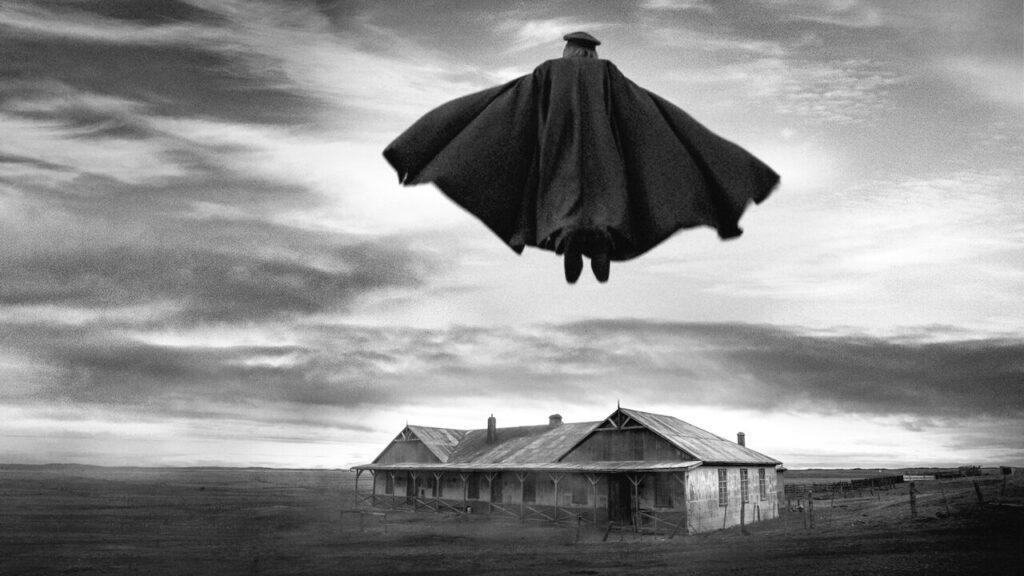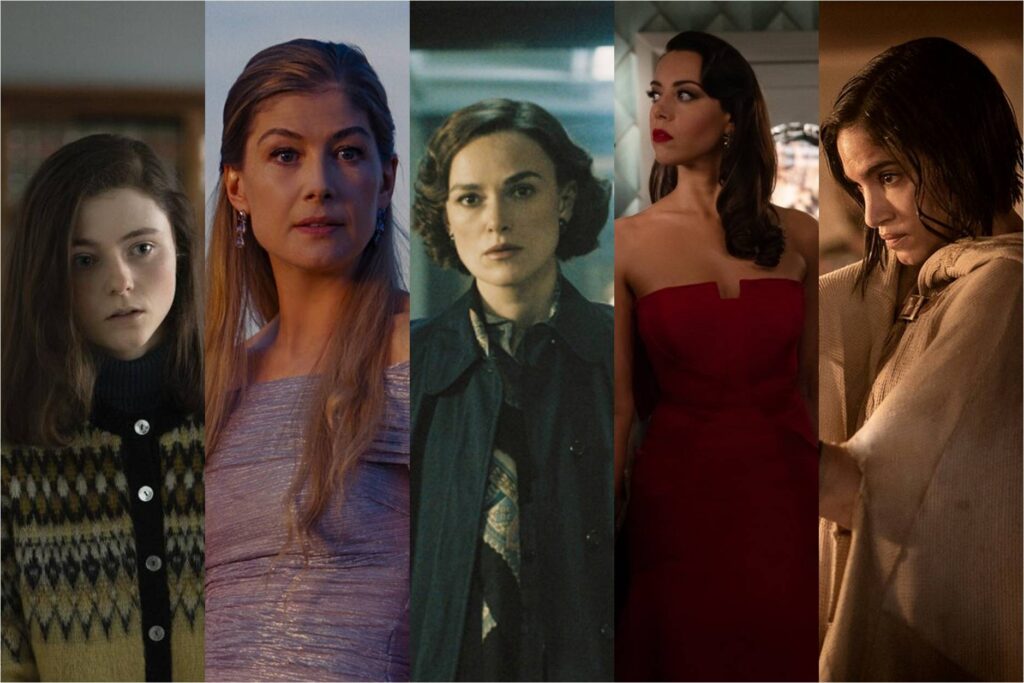Oscars 2023: The Big Techies

With the Oscars fast approaching, we’re digging into the various feature categories. Yesterday, we looked at some odds and ends; today, we’re moving on to “the big techies.” What makes these below-the-line categories more significant than yesterday’s grouping? My random and arbitrary opinion, that’s what. In fact, I’d like to congratulate Best Costume Design on graduating from the minor leagues and making its first ever appearance in this batch; the promotion was long overdue, given that roughly 80% of my Twitter account these days is just screenshots of actresses in beautiful dresses.
BEST CINEMATOGRAPHY
NOMINEES
El Conde—Edward Lachman
Killers of the Flower Moon—Rodrigo Prieto
Maestro—Matthew Libatique
Oppenheimer—Hoyte van Hoytema
Poor Things—Robbie Ryan Read More




